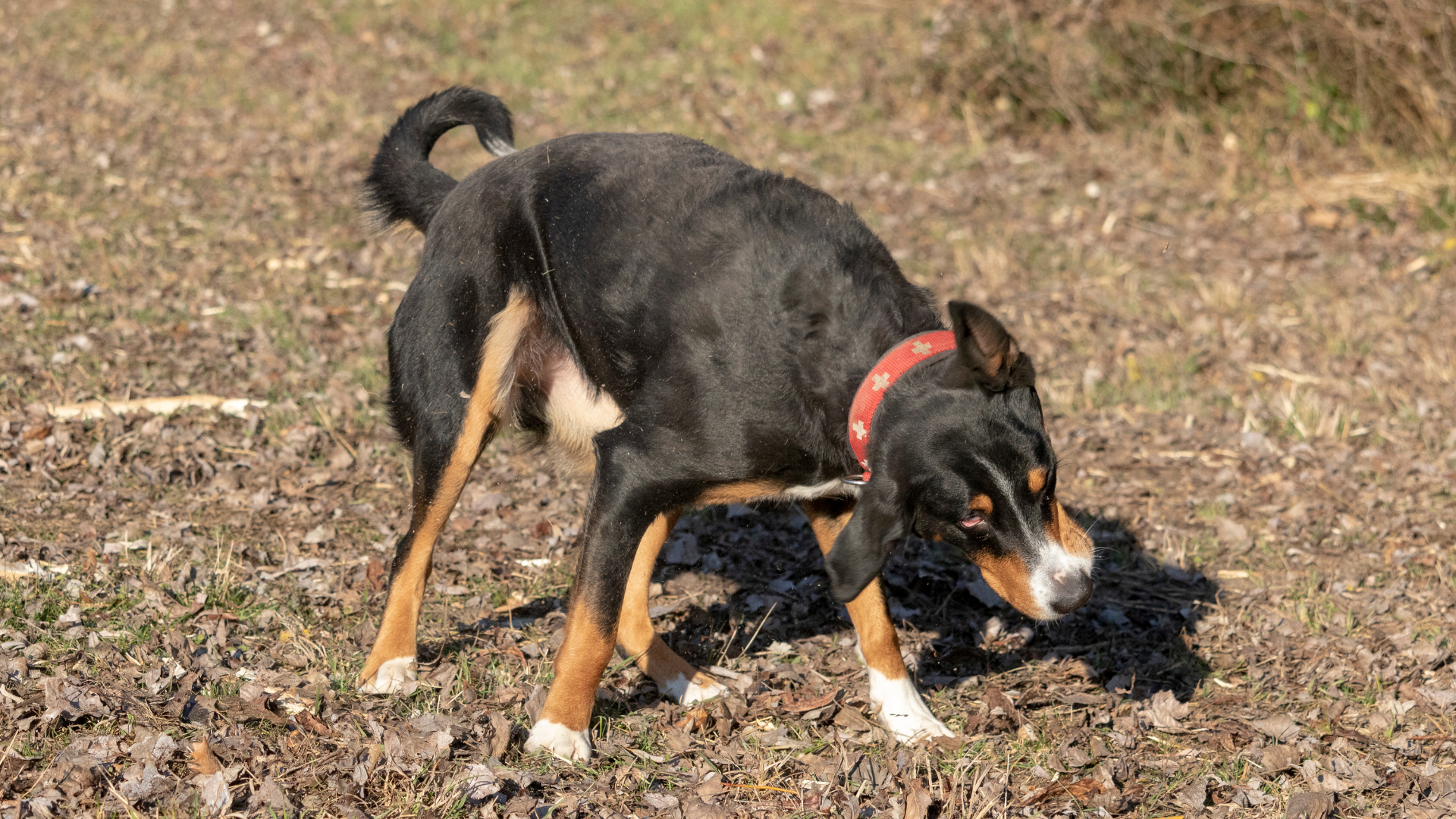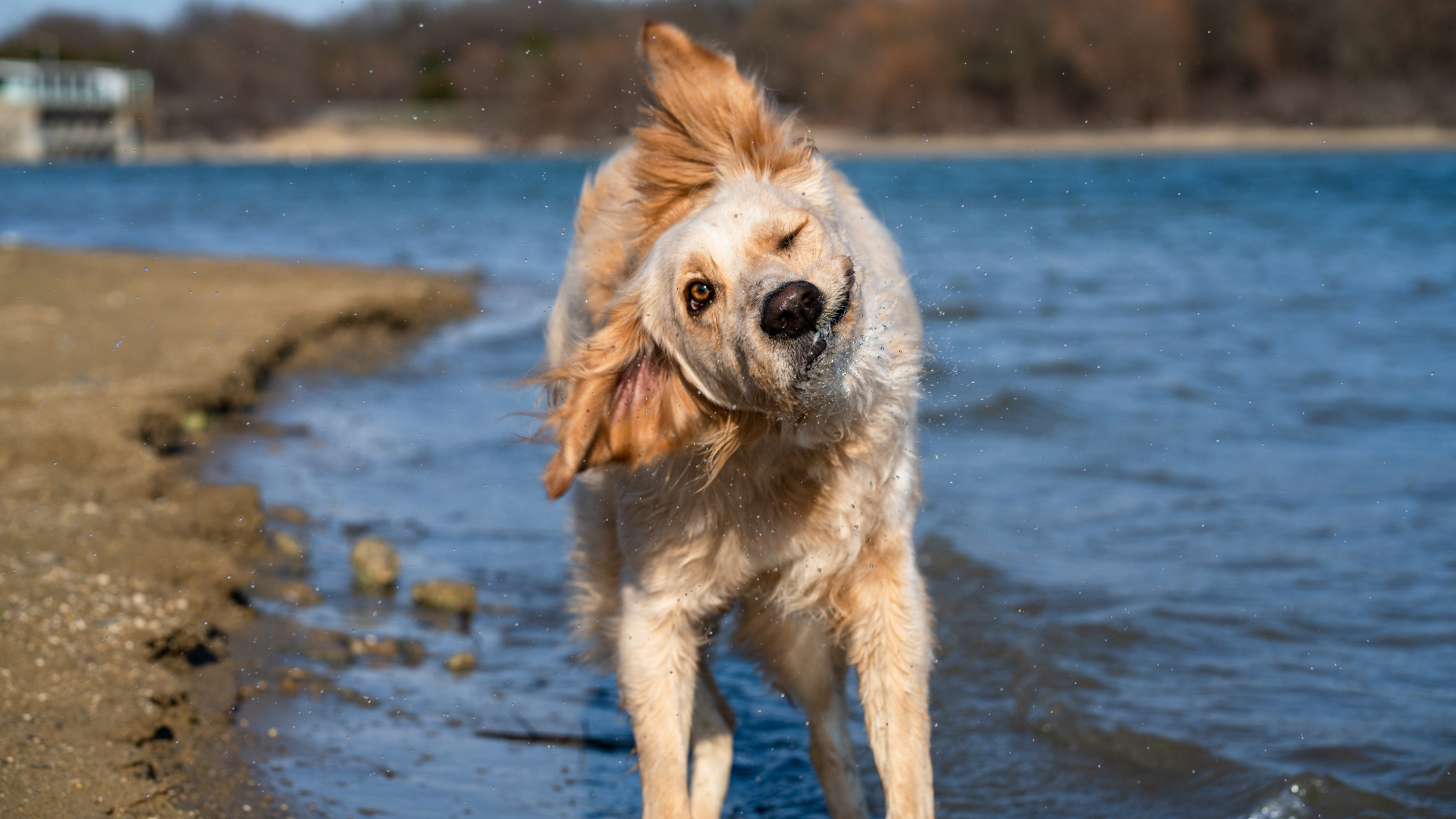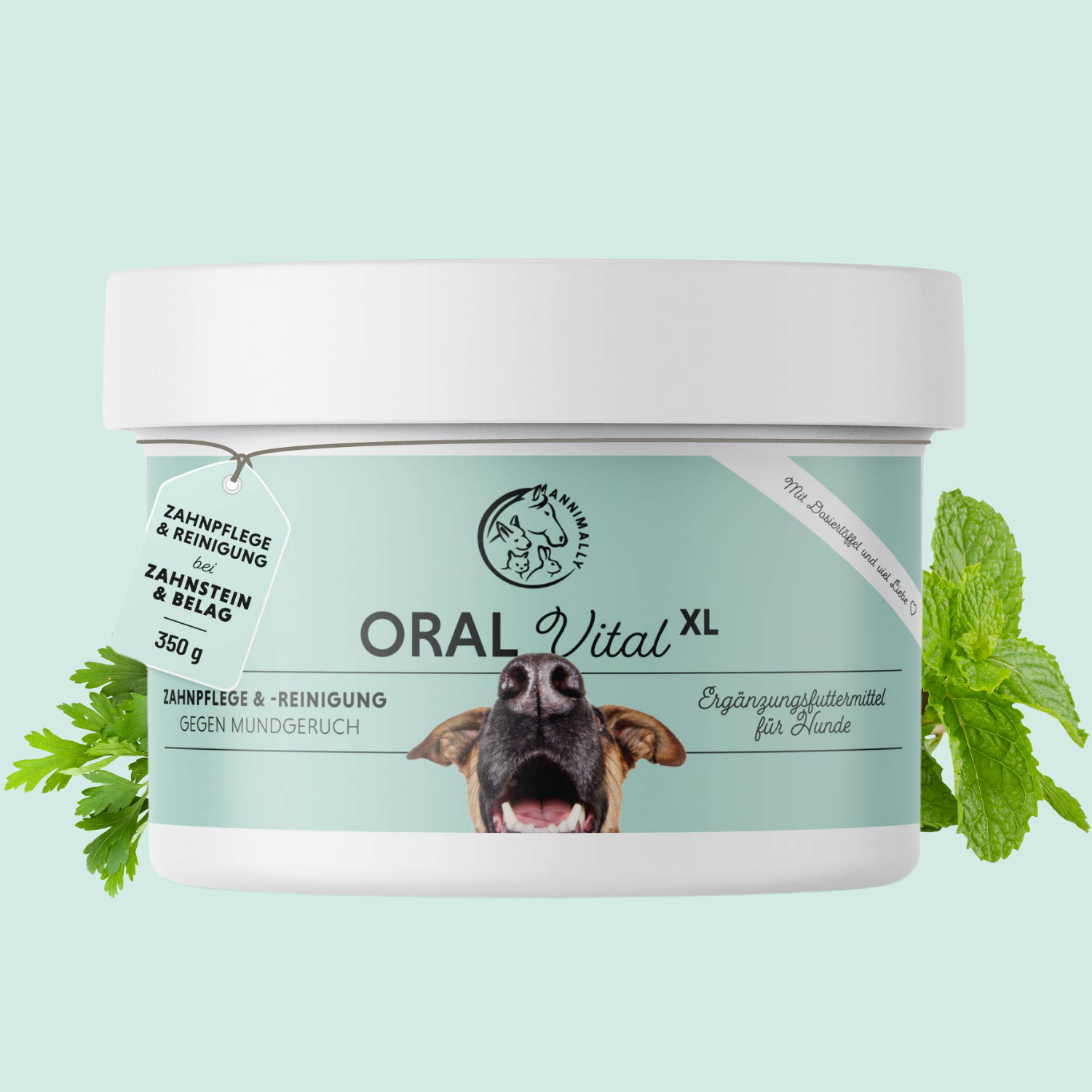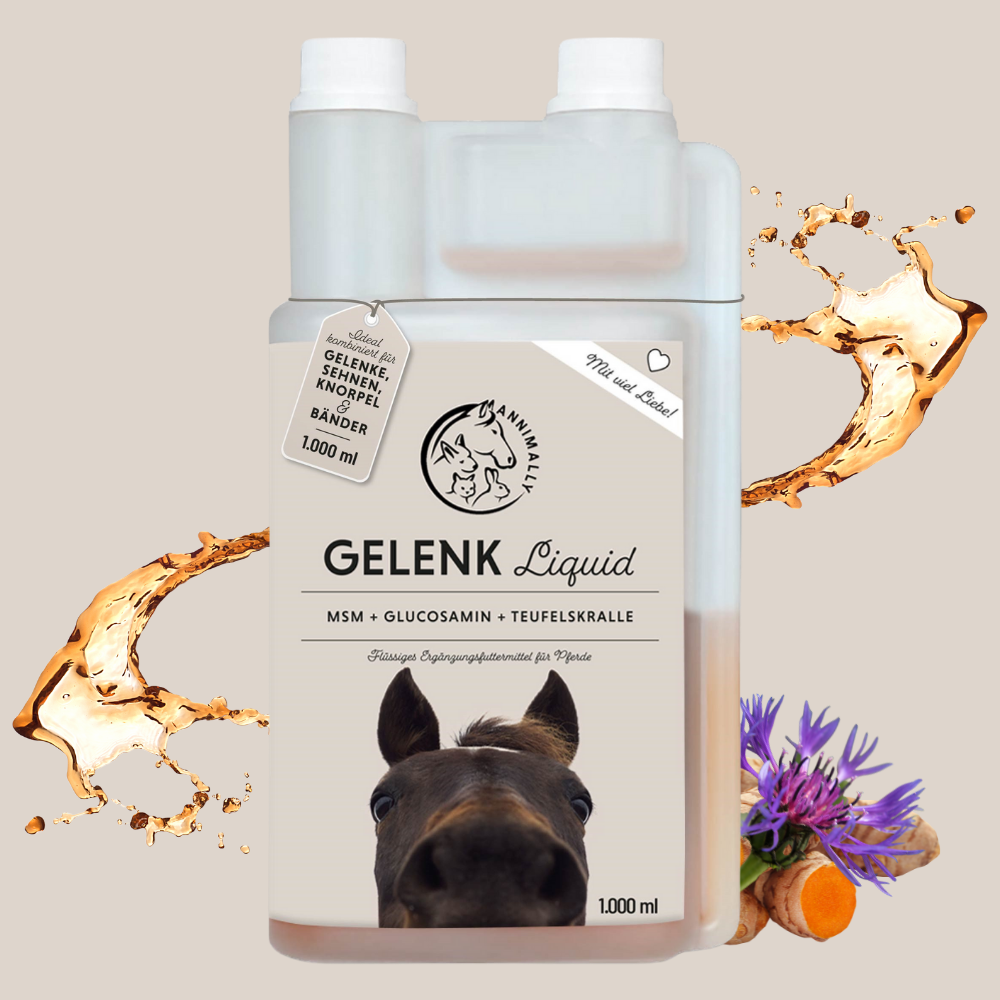
Dog constantly shakes its head: causes, measures and tips for prevention
If your dog keeps shaking his head, it may seem harmless at first glance. Many dogs shake their heads every now and then, whether after bathing or playing outside. But if your dog shakes his head unusually often or particularly violently, it can be a sign of health problems that you should not ignore. In this detailed article, you will learn why dogs shake their heads, the most common causes behind it, and how you can ensure the well-being of your four-legged friend.
Why do dogs shake their heads?
Dogs instinctively shake their heads to get rid of something that is bothering them. Whether it is water after swimming or an insect, head shaking is often an attempt to get rid of something unpleasant. It is a natural behavior that is usually harmless. However, if it occurs frequently or your dog seems agitated, it could be a sign of health problems.
The most common causes of frequent head shaking include ear irritation, inflammation, parasites or injuries. Since dogs' ears are very sensitive, they often react to discomfort or pain by shaking their heads.
The most common causes of frequent head shaking in dogs
There are several possible reasons why your dog is constantly shaking his head. To ensure your dog's well-being, it is important to identify the cause and choose the right treatment. Here are the eleven most common causes you should know:
1st ear infections (otitis)
One of the most common causes of repeated head shaking in dogs is ear infections. These infections can be caused by bacteria, fungi or parasites. Dogs with long, droopy ears, such as Basset Hounds or Cocker Spaniels, are particularly susceptible because moisture and dirt can more easily become trapped in the ear canal.
Symptoms: In addition to shaking his head, your dog may also scratch his ears. Other signs of an ear infection include redness, swelling, a foul odor, and sometimes a yellowish or brown discharge from the ear.
Treatment: If you suspect an ear infection, you should definitely see a vet. The vet will examine the ears thoroughly and, if necessary, prescribe ear drops or antibiotics. In severe cases, a more thorough cleaning of the ear canal may also be necessary.
2nd foreign body in the ear
A foreign object in the ear is a common cause of head shaking, especially in dogs who like to romp around outdoors. Blades of grass, small twigs or even insects can get into your dog's ear canal. These foreign objects cause itching and discomfort, causing the dog to shake its head frequently.
Symptoms: In addition to shaking his head, your dog may scratch one ear more often or even show signs of pain. Upon closer inspection, you may be able to see the foreign body in the ear.
Treatment: It is advisable not to remove the foreign body yourself, as you could make the situation worse by pushing the object deeper into the ear canal. A veterinarian has the right tools and the necessary experience to remove the foreign body safely and painlessly.
3. ear mites
Ear mites are tiny parasites that live in dogs' ears, causing severe itching and irritation. These parasites are particularly common in young dogs or animals that come into contact with other infected pets. The mites feed on skin cells and ear wax and cause inflammation.
Symptoms: Your dog will scratch his ear often and intensely, and you may notice dark, crumbly ear wax that looks like coffee grounds. Severe itching is typical, and frequent head shaking serves to get rid of the mites.
Treatment: A veterinarian can make the diagnosis through a simple examination and initiate treatment with ear drops or another anti-parasitic medication. It is important to check all animals in the household for ear mites, as they are very contagious.
4th allergies
Dogs, just like people, can suffer from allergies. These can be triggered by environmental factors such as pollen, dust or mold, but also by certain foods. Allergies often lead to itching and inflammation, which can also affect the ears. Your dog may shake his head to relieve the uncomfortable itching.
Symptoms: In addition to head shaking, you may also observe other symptoms of allergy in your dog, such as skin rashes, redness, frequent licking or biting of the paws, and digestive problems.
Treatment: Treating an allergy begins with identifying the trigger. The vet can use special tests to find out what your dog is allergic to. Changing the diet or avoiding certain environmental influences often helps. In severe cases, medications such as antihistamines or cortisone can also be used to relieve the symptoms.
5th Hematomas on the ear (ear bruises)
If a dog shakes its head vigorously for a long period of time, the fine blood vessels in the ear can burst, resulting in what is known as an ear hematoma. Blood collects between the layers of skin in the ear, creating a painful, fluid-filled swelling.
Symptoms: You will notice a soft, spongy swelling on one or both ears. The affected area may be warm and tender, and the dog may show discomfort when you touch the ear.
Treatment: Ear hematomas often require veterinary treatment. In mild cases, the blood can be drained and the ear bandaged. In more severe cases, surgery is necessary to completely remove the hematoma and prevent it from recurring.
6th ear injuries
Ears are sensitive parts of the body, and injuries can easily occur, whether from a scratch, an insect bite, or a fight with another dog. These injuries can lead to pain and inflammation, which in turn triggers head shaking.
Symptoms: A visible injury, swelling or bleeding are signs that your dog has injured his ear. Your dog may also be sensitive to touch or constantly lick his ear.
Treatment: You can clean and observe small wounds yourself with a disinfectant. However, if the injury is larger or the head is shaking continuously, you should see a vet to avoid infection and to have the wound properly cared for.
7th swimmer's ear (otitis externa)
If your dog likes to swim or be bathed, water can get into his ears. The water that gets in creates a moist environment that provides ideal conditions for bacteria and fungi. These microorganisms can cause an infection in the external ear canal, also known as swimmer's ear.
Symptoms: In addition to shaking his head, your dog may scratch his ears frequently. Redness and discharge can also be signs of infection.
Treatment: After every swim or bath, make sure your dog's ears are thoroughly dried. If inflammation occurs, the vet may prescribe antibacterial or antifungal ear drops to treat the infection.

8th fungal infections
Fungi, especially yeast, are a common cause of ear infections in dogs. These fungi thrive particularly well in moist and warm environments, which is why dogs with long, droopy ears are more susceptible. A fungal infection in the ear causes severe itching and often leads to intense head shaking from the dog.
Symptoms: Your dog may show redness, swelling, and an unpleasant odor from the ear. A yellowish or brown discharge may also occur.
Treatment: Fungal infections should be diagnosed by a veterinarian who will prescribe special ear drops. Regular ear cleaning can help prevent re-infection.
9th Tumors or growths in the ear
In rarer cases, your dog's head shaking may indicate a tumor or growth in the ear canal. These can be benign or malignant and can narrow the ear canal, causing discomfort.
Symptoms: Your dog shakes his head frequently, recurring inflammation and possibly swelling in the ear.
Treatment: A veterinary examination is essential. The veterinarian can perform a biopsy to determine whether the growth is benign or malignant and, if necessary, recommend surgery.
10th deafness or hearing problems
If a dog suffers from hearing problems or even deafness, he may shake his head more often in an attempt to improve his hearing or to block out a disturbing noise.
Symptoms: In addition to shaking his head, your dog may show signs of disorientation or not respond to calls or sounds.
Treatment: Hearing problems require a special veterinary examination. In some cases, infections or growths may be the cause, which can be treated.
11th Neurological disorders
In rare cases, constant head shaking can indicate neurological problems, such as balance disorders or other problems in the nervous system that lead to uncontrolled behavior in the dog.
Symptoms: In addition to shaking the head, other signs such as tremors, coordination problems or unusual behavior may occur.
Treatment: If you suspect neurological problems in your dog, you should see a veterinarian immediately. A thorough examination and possibly imaging procedures such as an MRI are necessary to find the cause.
When should you take your dog to the vet?
If your dog only shakes his head occasionally, this is usually nothing to worry about. However, if the head shaking occurs more frequently or is accompanied by other symptoms, you should have your dog examined by a veterinarian to be on the safe side. Pay particular attention to the following signs:
-
Frequent or persistent shaking of the head
-
Redness, swelling or discharge from the ears
-
Severe itching and scratching of the ears
-
Unpleasant smell from the ears
-
Pain or discomfort when touching the ears
The sooner you intervene, the better the chances that your dog will recover quickly.
Preventive measures: How to protect your dog
There are some steps you can take to reduce the risk of ear problems and head shaking in your dog:
-
Regular ear checks: Check your dog's ears regularly and look for changes such as redness, swelling or odor.
-
Ear care: Clean your dog's ears carefully with a special ear cleaner. Be careful not to use cotton swabs, as they could injure the ear canal.
-
Keep your ears dry: After bathing or swimming, your dog's ears should always be dried thoroughly to avoid moisture accumulation.
-
Grooming: Regular brushing is especially important for long-haired dogs to prevent matting and dirt accumulation in the ear area.
Conclusion
There are many different reasons why your dog may be shaking his head, from harmless to serious health problems. If you notice your dog shaking his head frequently, you should check your dog's ears regularly and see a veterinarian if necessary. With the right care and attention, you can help your dog feel comfortable again and stop the constant head shaking.






















